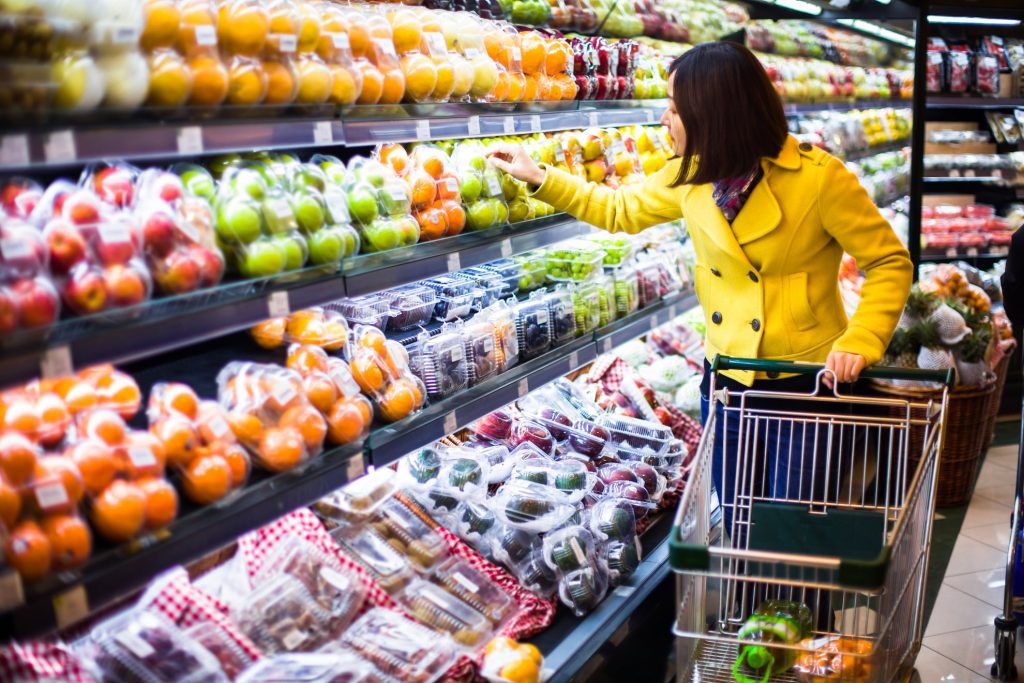Following in fellow retailers’ footsteps, Walmart also issued a mandate in September that requires some suppliers in selected departments to start providing RFID tags in an effort to expand the use of technology in the retail space. Walmart has already implemented this mandate for all their apparel products successfully, Walmart is ready to expand it to their other product range including hardline, home, and entertainment departments across the US, the change was to take place by September 2024.
At Walmart, Shelly Mcdougal, senior director of merchandising, commented on the mandate saying, “We’ve seen dramatic results in our ability to ensure products are available for our customers.”
Being one of the best in the retail space out there, Walmart earned a whopping $537 billion in global revenue just last year. With the RFID mandate, all retailers across the US could even see a universal RFID tag after the big box chains have started applying it in their stores.
Boosting Retail Efficiency through Item-Level RFID Implementation
Industry standardization efforts have led to item-level RFID tags being more accessible and more affordable for retailers across the United States. RFID tag was first introduced back in 2005 and since its implementation, there has been a significant decrease in reader and RFID tag prices. Moreover, RFID technology has seen some great ROIs because of the solutions in recent years that increase profitability.
The price point and the technology are what make the RFID tags appeal to retailers on a global level. With its regular in-stock analysis and reports, RFID makes it much easier for retailers to track an item in case it is lost, if there is theft, etc. Item-level RFID decreases internal shrinkage and allows retailers to control the flow of products better.
Retailing Benefits of RFID
RFID tags allow retailers to track the real-time location of a product from within the supply chain which increases inventory accuracy by a whopping 95%. Macy’s, like Walmart, also adopted RFID tags to keep track of their inventory.
They were able to increase customer satisfaction, avoid selling out, and increase their overall revenue. With a boost in online shopping and in-store pick-ups, RFID has helped retailers in making sure that their inventory is always up to date and that they can keep better track of things both in and out of the stores.
In addition to this, RFID has a lot of other potential benefits including real-time inventory visibility and journey options such as BOPIS and BOPAC (buy online, pick up at the curb), advanced business analytics, improving self-checkout, and reducing checkout waiting time. Basically, RFID is capable of making the customer experience that much better.
McDougal also added, “We look forward to expanding the technology into more categories, to further improve inventory accuracy across the business, provide a better in-store shopping experience for customers, and drive more online and pick-up-in-store capabilities.”
Future of RFID
Industry leaders suspect that RFID is only going to take over the retail sector and the Walmart mandate will also push for its universal adoption by other retailers.
Since customers are calling for retailers and brands to be more transparent about how their products are made, RFID technology can be used to connect to consumer-facing software that will allow retailers to give them more information about a product’s production process and much more.
Seeing the recent growth in RFID tags, it is safe to say that the technology shows promising results. Retailers are using it in more and more categories, which creates many possibilities to increase their profits. Typically, when retailers start using RFID tags, they are trying to improve their inventory accuracy. However, they are now expanding their use to provide a better shopping experience for their customers, such as by making sure products are available in-store, using smart fitting rooms, and creating easy checkout points.
In the future, RFID tags can be expected to be seen in all big-box chains and even smaller retailers because of the benefits and the cost-effectiveness of the product. RFID technology is very versatile and can help brands feel more confident about increasing their sales, even during difficult times like economic downturns or crises. In other words, Walmart is only the beginning of the future of RFID tags.
Oppuous deploys the best RFID and IoT solutions on the market to meet market needs. If you’d like to learn more and get a risk free evaluation, schedule time here:
https://letsmeet.io/oppuousllc/15-minute-initial-consultation









